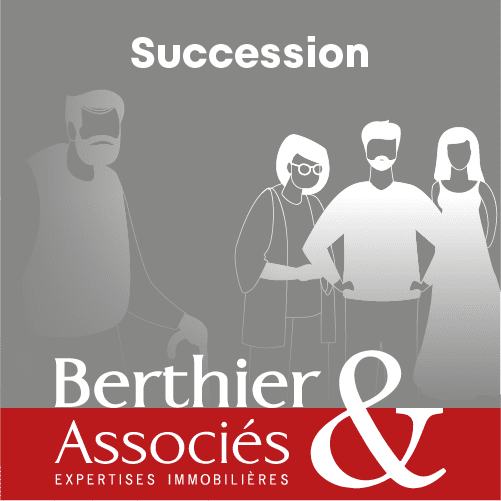Real Estate Valuation for Succession
Introduction
In the course of the inheritance of a real estate asset, the executor must be able to appropriately and accurately estimate its value. In many cases, real estate accounts for the most valuable assets within an estate to be inherited. There are thus several reasons why it is important to fully understand its value:
- To declare any capital gains or depreciation imposable during a possible sale.
- To establish an inventory if the inheritance is subject to ratification.
- To fairly divide the assets of the estate between several beneficiaries, if this is what the will prescribes.
If you or your client are in the process of dealing with an inheritance involving property in France and are seeking professional valuation advice on the matter, contact Samuel Thompson via email: [email protected] or telephone: +44 7933 239126 / +33 07 45 55 81 46 for an English-speaking introduction to the specialist services that can be offered which are tailored to your personal situation.

Why is the Valuation of Real Estate Required for Succession?
The inheritance of property can signify a major financial contribution at a potentially difficult moment emotionally for the benefactor, so it is important that proper professional advice is obtained. There are questions of tax which must be addressed, the extent of which will depend on what is done with the property inherited. Different considerations will be applicable whether it is kept as the main residence, secondary residence or sold. In each case, the amount of tax will relate to the value of the property. Any under-valuation may lead to a subsequent tax adjustment or fine from the authorities. All this goes to illustrate how important it is to have an accurate valuation of the property in question.
One way to understand the true market value of a property is to immediately put it on the market and complete a sale. In certain cases, this is precisely what the inheritors wish to do.
If the property is sold within between the 6 and 12 months following the death of the previous owner, the tax administration will generally accept the sale price as the true Market Value at the date of the passing. This presumes that the sale was carried out in a fair manner on the open market as a true commercial transaction. However, if a family member or friend has benefited from a sale price inferior to that on the open market it is likely that the tax authorities will not accept this as a true representation of Market Value when determining the taxes due.


Who Can Value the Property I have Inherited?
It is possible for an individual to estimate the value of the property they have inherited, by collecting and analysing recent sales prices of comparable properties in the local area. However, this method cannot be relied upon if there is a challenge from the tax authority. The same applies for free estimations offered on the internet. The prudent and most accurate option is to seek the services of a professional valuer.
A simple estimation can be provided by an estate agent, but the limitations of this approach must be understood. They will be able to provide a figure in writing following a visit of the property and if they have a good knowledge of recent comparable sales in the locality the estimation may well be reasonably accurate. Nonetheless, the valuation of a property is always an exercise with an element of subjectivity. An estate agent is not truly an independent actor in this situation, as they will firstly have an incentive to provide an inflated valuation in the hope of securing an instruction to sell the property. Secondly, as their fees are based on commission, an estate agent has an interest in boosting the market sentiment so that potential buyers will pay more, whether this is justifiable or not.
Alternatively, the most reliable and evidenced value of a property can be obtained from an official valuation carried out by a qualified real estate valuer. The valuer has no conflicting interests as their fee is independent of the sale price. In addition, when the property in question is commercial or is leased, the expertise and experience of a professional valuer may be the only solution to accurately deduce the true value. Importantly, the valuation report provided by a qualified valuer can be used to defend the value in the event of a challenge from the tax authorities, whether immediately or at a future date. There is a cost to consider when engaging a professional valuer, but this will more than often be offset against the potential consequences of an inaccurately estimation.
With an accurate valuation of real estate assets being so crucial in the process of an inheritance, engaging with a professional valuer who is specialist in the area is imperative. Berthier & Associés have a proven track record in this domain, carrying out more than 300 valuations each year relating to family law matters. They can also offer an English-speaking introduction for those with assets in France subject to succession. Contact Samuel Thompson via email at [email protected] or telephone +44 7933 239126 / +33 07 45 55 81 46 for an introduction to valuation services appropriate to your individual circumstances.
